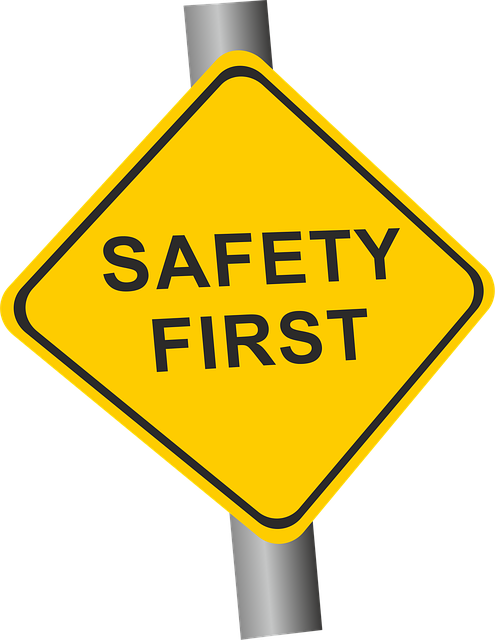Understanding real estate closing costs, including appraisal fees, inspection costs, agent commissions, and government fees, is crucial for both buyers and sellers. Meticulously review contracts and documents, seek clarifications when needed, and actively participate in the closing process to protect interests and avoid hidden fees during bustling real estate transactions.
In the dynamic world of real estate, understanding closing costs and final paperwork is paramount for a seamless transaction. This comprehensive guide unravels common closing costs, providing insights into what you can expect during the process. From title searches to appraisals, we break down these essential expenses. Additionally, we offer a step-by-step walkthrough of the final paperwork, ensuring you’re prepared. Protecting your interest is crucial, and we explain key documents that safeguard your investment in the ever-evolving real estate landscape.
Unraveling Common Closing Costs in Real Estate

In the world of real estate, understanding closing costs is paramount for buyers and sellers alike. Closing costs encompass various expenses associated with finalizing a property transaction. These fees can vary widely depending on factors such as location, property value, and the complexity of the sale. Common closing costs include appraisal fees, which ensure the property’s value aligns with the sales price; inspection fees, crucial for identifying potential issues; and title search fees, essential to verify ownership and detect any liens or encumbrances.
Additionally, real estate agents’ commissions, recording fees charged by local governments, and various administrative costs contribute to closing costs. Mortgage lenders may also charge origination fees, points, or other charges. Unraveling these common expenses is vital for budgeting and ensuring a smooth real estate transaction.
Final Paperwork: A Step-by-Step Guide

Final paperwork is a crucial step in any real estate transaction, ensuring that all legal aspects are in order and both parties understand their obligations. Here’s a simplified guide to help you navigate this process smoothly.
Start by reviewing all contracts and documents carefully. This includes the purchase agreement, which outlines the terms of the sale, and any other relevant paperwork like disclosures, appraisals, or loan documents. Make sure you comprehend each clause and don’t hesitate to seek clarification from your real estate agent or lawyer if needed. Once everything is clear, execute the necessary documents, ensuring all required signatures are in place. This typically involves the buyer, seller, and any relevant third parties like lenders or attorneys. Finally, submit these signed documents to the appropriate entities, such as the title company or local government offices, for processing and recording.
Protecting Your Interest: Key Documents Explained

When navigating the complex world of real estate, understanding closing costs and final paperwork is crucial for protecting your interest. This includes scrutinizing every document presented to ensure transparency and fairness. Key documents like the purchase agreement, disclosures, and appraisals should be thoroughly reviewed to comprehend terms, conditions, and any potential hidden fees.
In the hustle and bustle of real estate transactions, it’s easy to overlook crucial details. Protecting your interests means being an active participant in the process, asking questions, and seeking clarification on anything unclear. By doing so, you can avoid unwelcome surprises and ensure a smooth transition during the closing process.






